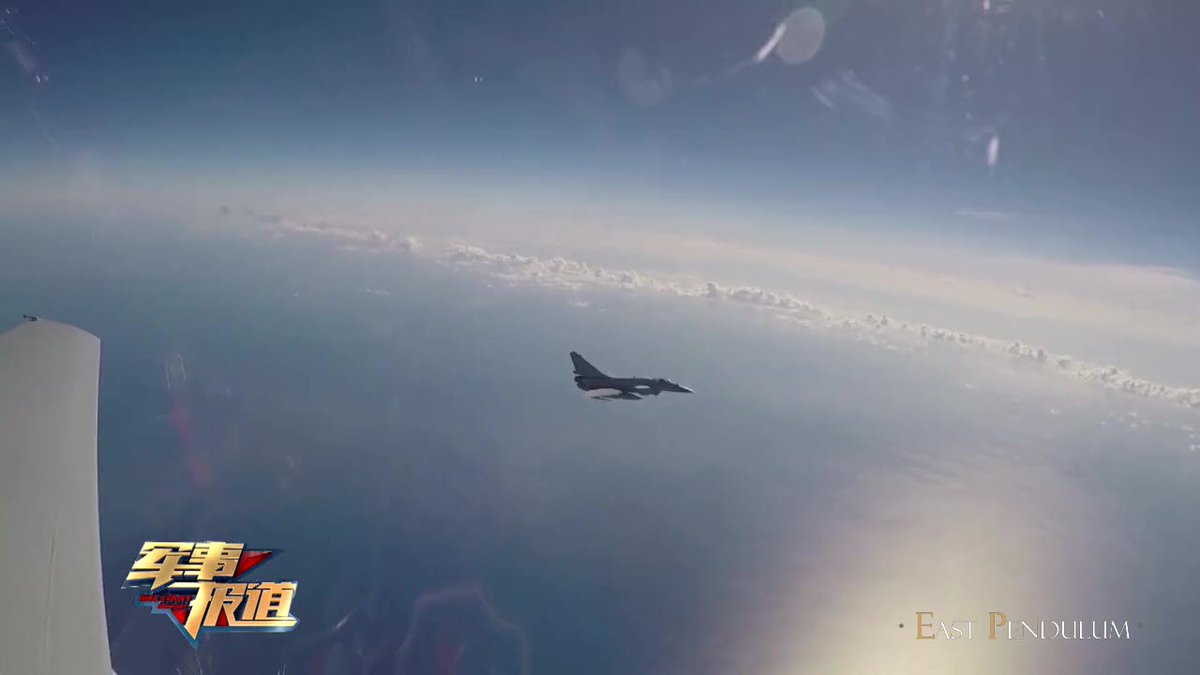China’s steady build-up of non-military shipping in the South China Sea could increase the risk of conflict and undermine stability in the region, observers have warned.
in which up to 275 Chinese vessels were spotted near the Philippine-occupied island of Thitu, part of the disputed Spratly chain, angered Manila and highlighted the concerns about potential flashpoints. The vessels, mostly fishing boats, are likely to have taken shelter in facilities China has built on artificial islands in the South China Sea, according to some analysts.
“The boat swarm has such endurance on station in no small part due to the proximity of the artificial islands in the area, such as Subi, which can provide ready shelter for these boats in times of inclement weather,” said Collin Koh, a research fellow at the S. Rajaratnam School of International Studies at Nanyang Technological University in Singapore.
“These boats can also retire to these facilities for rest and replenishment and then return to station off Thitu Island again – obviating the need to return to mainland fishing ports.”
While China’s military activities have been under intense scrutiny over the past years, Beijing has been steadily increasing its non-military presence in the region, which risks angering other countries with competing claims in the South China Sea.
In late March, the Guangdong Maritime Safety Administration, a civilian maritime agency under the Ministry of Transport, said it would soon start to build what it said was the country’s largest patrol vessel, weighing in at 10,200 tonnes.
The ship, expected to be launched before September 2021, could significantly improve China’s maritime law enforcement and search-and-rescue ability, according to the ministry.
Late last year the ministry said that
had started operating on Fiery Cross Reef, Subi Reef and Mischief Reef, three of the largest islands Beijing has developed in the Spratly group.
In January, the ministry said a
had also been built on Fiery Cross Reef to support life-saving missions.
While Beijing argues that these facilities will help ensure maritime safety, other countries remain wary – especially given the blurring in lines between military and civilian operations in China, commonly described as a “grey-zone tactic”.
Admiral John Richardson, the head of the US Navy, told the
Financial Times that China was increasingly using non-military vessels, including the coastguard and maritime militia, to assert its claims in the South China Sea.
In response, he said he had warned his Chinese counterpart, Vice-Admiral Shen Jinlong, that the US would start treating these ships as if they were part of the military.
Critics say that China is “muddying the waters” because many of the facilities it has built in the area can have dual military and civilian uses.
Last year criticisms over Beijing’s militarisation of the South China Sea were heightened after satellite images showed seven military planes had landed on the runway built on Fiery Cross Reef, even though its ostensible purposes were civilian.
“Likewise, the buildings on the artificial islands that are often described as fishermen’s shelters and for other civilian purposes could also be used by troops,” Koh said.
“The various ocean observation facilities placed around [the islands], supposedly to promote hydrometeorological research and also for marine environmental monitoring, can also contribute to better military and maritime law enforcement operations in the area.”
Zhang Mingliang, an associate professor specialising in South China Sea studies at Jinan University in Guangzhou, said Beijing would continue to build up its non-naval facilities and ships to consolidate its hold on the waters, where Brunei, Malaysia, the Philippines, Vietnam and Taiwan also have claims.
“China’s advantages over the Southeast Asian countries in terms of non-naval forces are already obvious,” he said, adding they would be unable to play catch-up.
He suggested that Beijing should share more of the facilities with its neighbours to ease concerns from other claimant nations.
“China should not just share the information it has collected with its own government and military agencies as it has already done, but with foreign countries and even set a timeline to open the ports and berths to foreign ships and even navies in urgent cases.”
Observers agree that Beijing’s growing non-military presence in the South China Sea will further complicate China’s ongoing negotiations on a code of conduct with its Southeast Asian neighbours to reduce the risk of clashes in the area.
These talks have made little progress over the past decade, despite calls from all parties for a fast-track consultation.
“This is going to become a huge problem when it comes to the negotiations over the proposed code because of the dual-use nature of these facilities, and this will lead to differences about how best to categorise them and how they’ll be treated in the proposed code,” Koh said.
“With China continuing to build these facilities in the area, it’s more plausible to surmise that regional countries will remain wary and engage in their own countermeasures, including building up their militaries and coastguards, as well as engaging an external military presence.”


